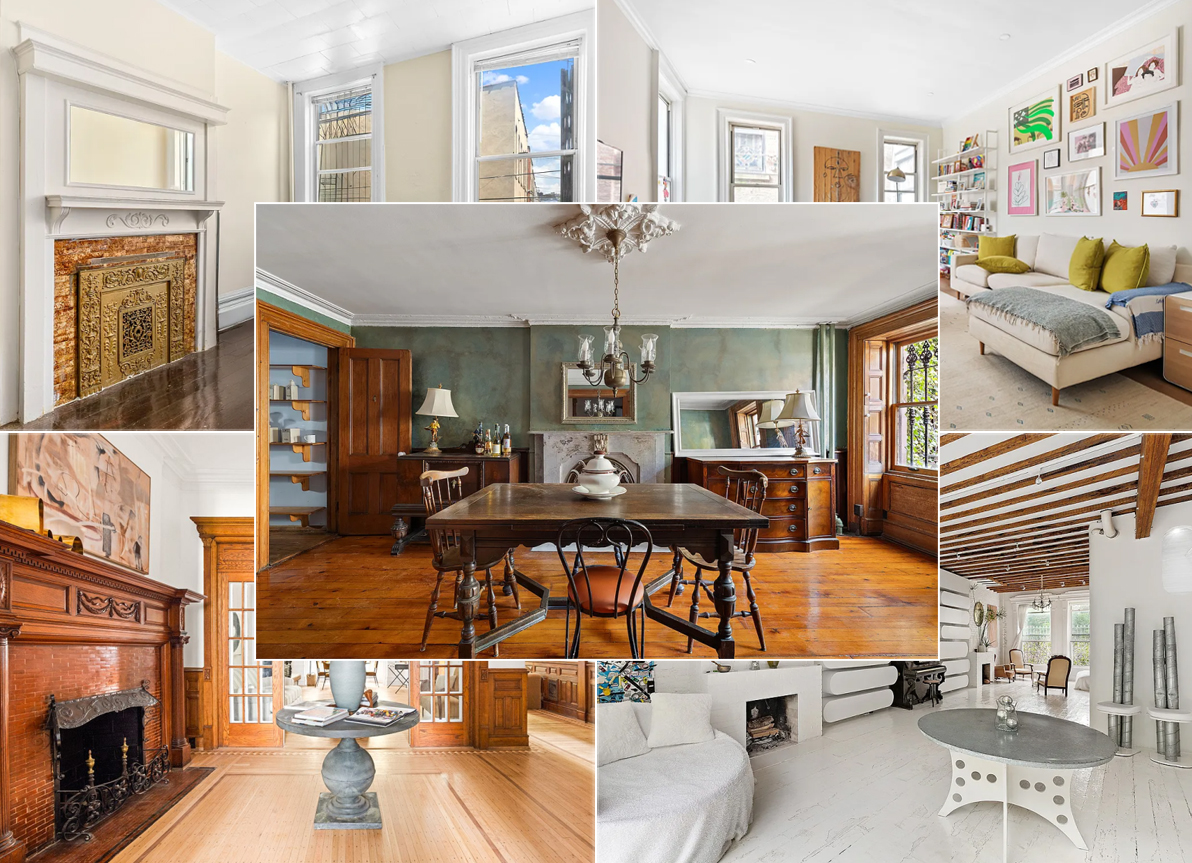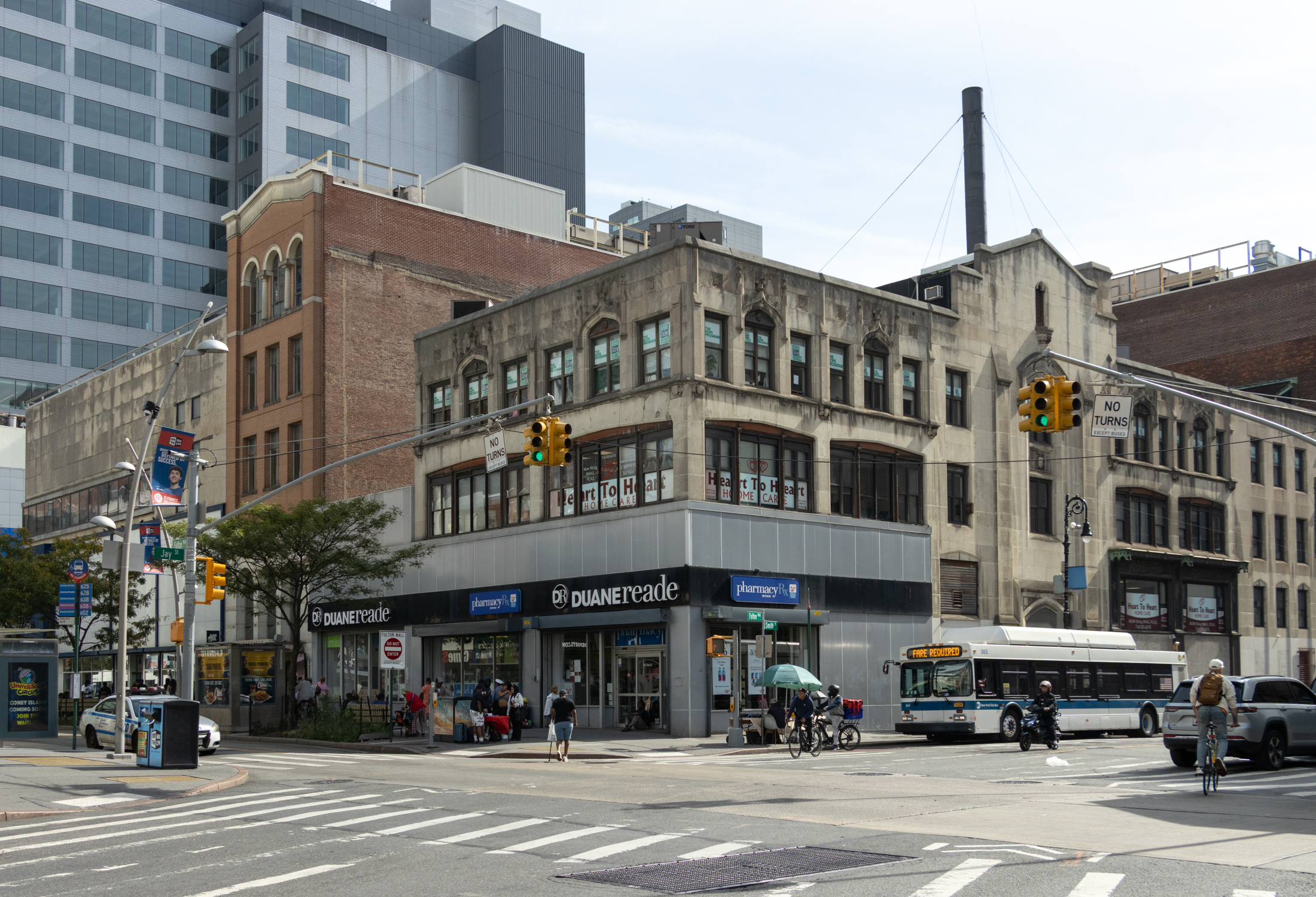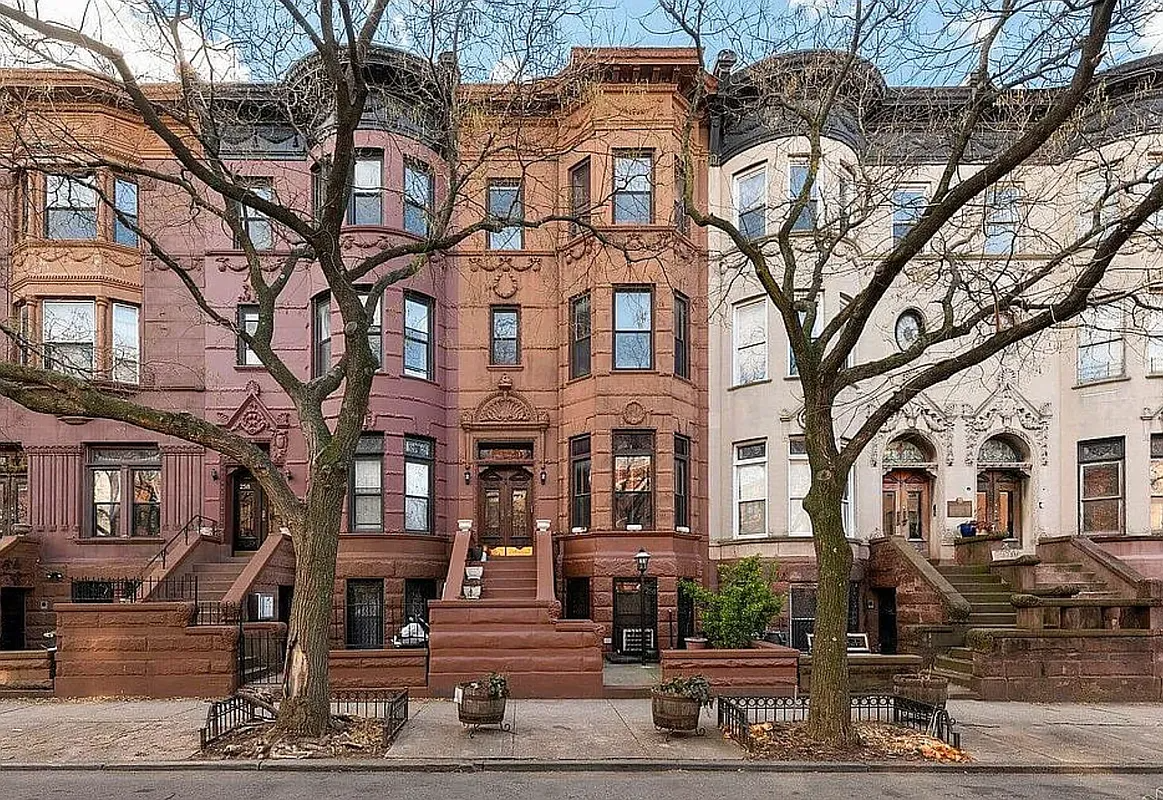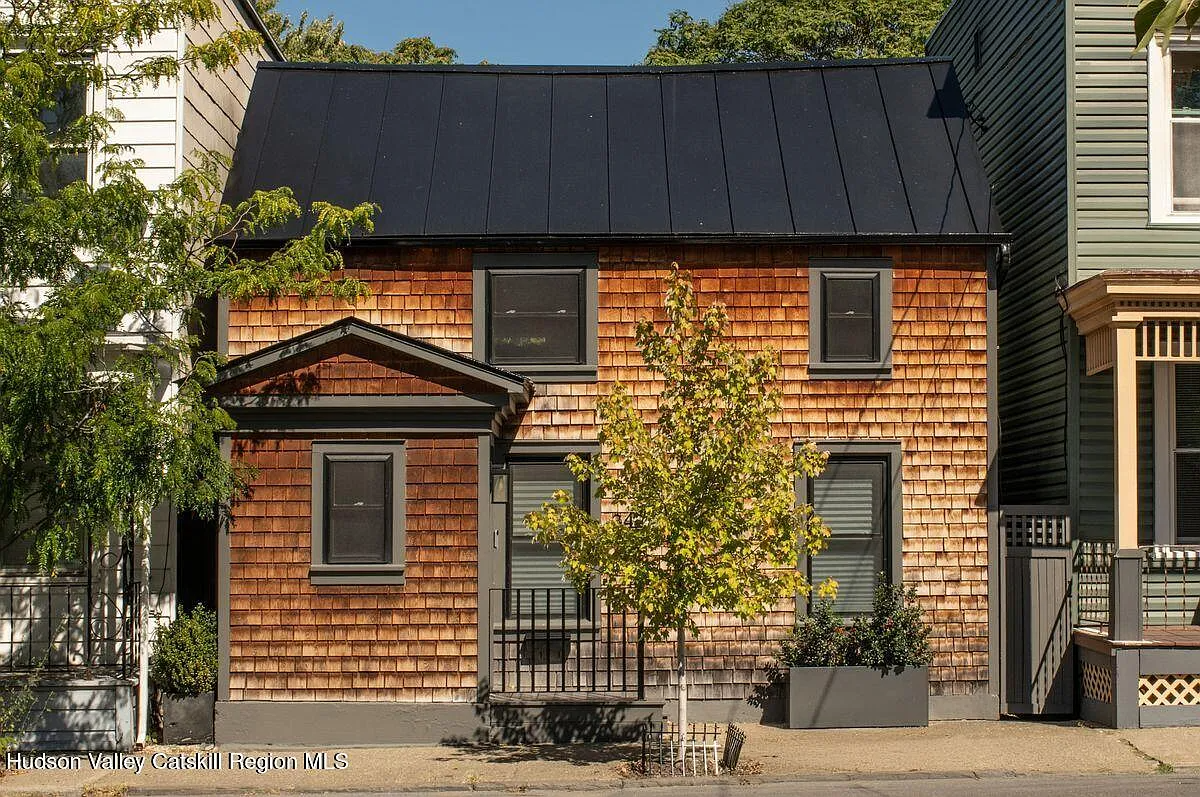To Bail or Not To Bail on Your Home?
If the value of your home is less than the amount of your mortgage does it make sense to keep making your payments or should you just walk away? If you can’t get the bank to reduce the principal of your loan, what should you do? Well, no one can tell you that because every…

 If the value of your home is less than the amount of your mortgage does it make sense to keep making your payments or should you just walk away? If you can’t get the bank to reduce the principal of your loan, what should you do? Well, no one can tell you that because every situation is different, but, as The Times points out this weekend, the penalties for defaulting on your mortgage may not be as onerous as they once were. First of all, more and more banks and saying OK to short sales, in which the owner sells the house for less than the value of the mortgage; secondly, even if you go into foreclosure, the bank is unlikely to chase you down to make up the difference between the sales price and the mortgage amount. If the lender does forgive some piece of your debt, however, some states will still try to treat the forgiven debt as taxable income. Lastly, some legal experts expect that the credit rating agencies won’t hit you as hard for a foreclosure now as they might have in the past. It just seems obvious that a foreclosure in 2008 or 2009 doesn’t have as much information value as a foreclosure five years ago, said legal prof Todd J. Zywicki. Are any readers currently underwater and considering voluntarily bailing on their home?
If the value of your home is less than the amount of your mortgage does it make sense to keep making your payments or should you just walk away? If you can’t get the bank to reduce the principal of your loan, what should you do? Well, no one can tell you that because every situation is different, but, as The Times points out this weekend, the penalties for defaulting on your mortgage may not be as onerous as they once were. First of all, more and more banks and saying OK to short sales, in which the owner sells the house for less than the value of the mortgage; secondly, even if you go into foreclosure, the bank is unlikely to chase you down to make up the difference between the sales price and the mortgage amount. If the lender does forgive some piece of your debt, however, some states will still try to treat the forgiven debt as taxable income. Lastly, some legal experts expect that the credit rating agencies won’t hit you as hard for a foreclosure now as they might have in the past. It just seems obvious that a foreclosure in 2008 or 2009 doesn’t have as much information value as a foreclosure five years ago, said legal prof Todd J. Zywicki. Are any readers currently underwater and considering voluntarily bailing on their home?
Thoughts on Walking Away From Your Home Loan [NY Times]
Photo by Jennscrzy





One critical factor missing from the equation is – you need to live somewhere – so if you walk away how much less can will you spend to live in comparable housing (this is assuming you actually can afford to make your payments)
early 1800s, ditto. Looks like it might have had about 5 acres. I was looking for the listing but its gone.
DIBS that sounds great – how old was the place? I love stone buildings.
Sebb – glad to hear you’re still around. You’d been too quiet for a bit.
I’ll tell you a story that I saw over the weekend that was astounding….This beutiful stone home with a number of large stone outbuildings in Bucks Countywas purchased about 4 years ago for $800,000 and completely rehabbed…It has been on the marke for maybe 6-9 months at $2.65 MM. I drove in to show it to someone over theweekend and there’s a “Sherriff’s Sale” poster up on the window.
As Christopher said, I don’t see too many people walking away here unless they were speculators. With a nod to Luther Vandross, a house is also a home. It’s not like walking away from a bad stock investment, or stake in a gold mine in the Andes. Most people live in their most expensive investment, and in this city and environs, you’d have to have some serious bucks to rent almost anywhere, and if you had the money to do that, you probably aren’t in the position of losing your home to foreclosure.
Most people with families, ties to the community and serious sweat equity and emotional investment in their homes are not going to walk away, unless in the most dire of circumstances. Most people will buck up and weather the storm, and will be just fine in the long run. Especially here in brownstone and historic Brooklyn.
curiosity…. I think this is really a situation where the homeowner cannot afford to make the payments anymore for whatever reason. You’re right, people in “normal” circumstances don’t pursue this strategy as a way of getting out of some negative equity…that’s just ridiculous.
That, Snappy, is the $64,000 question. But they did it.
I find this argument so pointless. Almost anything we buy is worth less as soon as we buy it–your car, your clothes, your food. Yet we don’t walk away from these purchases, we pay for them and use them as we intended.
The same should be true of your home. I bought mine so I could have a place to live, not to improve my balance sheet.
At least our homes have a chance (as slim as it appears these days) to be worth more than we paid for them.